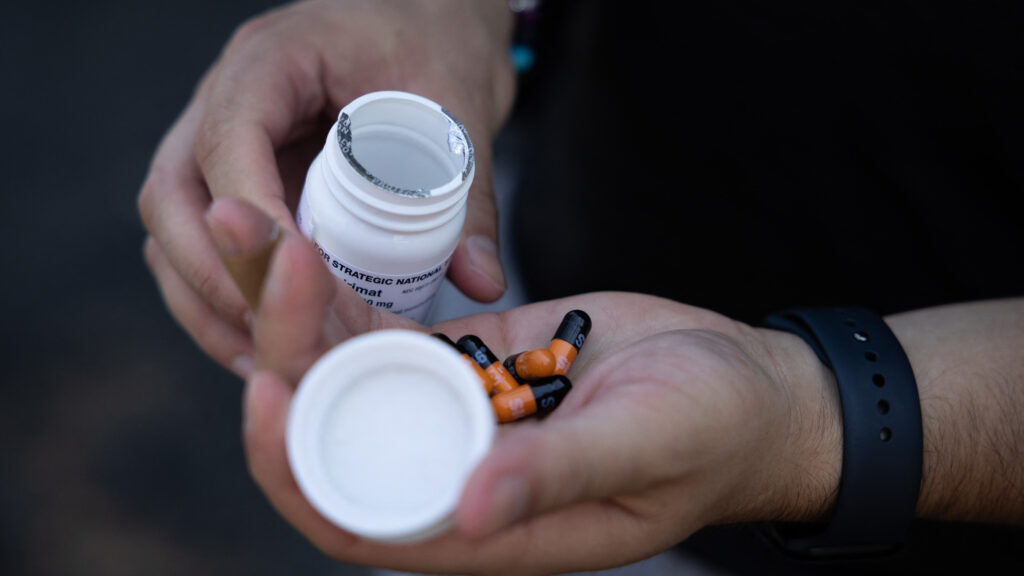The National Institutes of Health said Thursday that an antiviral drug commonly used to treat MPox did not resolve patients’ symptoms faster than placebo in a randomized trial.
The results are notable because the drug, tecovirimat, has rarely been clinically studied for MPOX, despite its wide use during the 2022 and 2023 outbreaks in the US and Europe.
And the results came a day after the World Health Organization again declared mpox a public health emergency of international concern after cases rose in the Democratic Republic of Congo and several other African countries. Sweden on Thursday reported an infection in someone who had traveled to an affected area, the first reported case outside Africa in the current outbreak.
Tecovirimat, marketed as TPOXX, was approved by the Food and Drug Administration in 2018 for smallpox, a related virus that has been eradicated but remains a bioterrorism problem. Doctors hoped it would also be effective against MPox, due to the similarities between the two pathogens. But the data was largely limited to animal studies and case reports.
In the co-sponsored NIH study, patients in the Democratic Republic of Congo, where MPox is endemic, were randomized to receive tecovirimat or placebo. All patients had to remain in hospital for treatment. Both groups saw their symptoms resolve on a similar time scale, although the NIH found that mortality in both groups was 1.7% – less than the 3.6% typically reported in the DRC – suggesting that the broader, high-grade supportive care they received in hospital can result in savings. life, even though the drug itself had no impact.
“These findings are disappointing, but they provide us with essential information and reinforce the need to identify other therapeutic candidates for MPox as we continue research into the use of tecovirimat in other populations with MPox,” said Jeanne Marrazzo, director of the National Institute of Allergy and Infectious Diseases. , said a statement.
There are two clades of mpox. The study focused on clade I, which is endemic to the DRC and is thought to cause more severe disease. The 2022 global MPox outbreak was caused by a variant of clade II, known as clade IIb. Both clades have contributed to the new global public health emergency and can cause painful scarring, along with fever, headache, muscle aches and respiratory symptoms.
The 2022 outbreak spread largely through sexual contact. The WHO has said a new variant of clade 1, called clade 1b, has also spread through sexual networks, although the virus can be passed through other forms of contact.
Siga Technologies, the company that sells tecovirimat, said in a statement that two subgroups of patients saw “meaningful improvement”: those who entered the study within seven days of symptom onset and those with severe disease.
The company did not share specific data or say whether these results were statistically significant. The NIH did not highlight either subgroup in its announcement, saying only that further analyzes were planned. Shares of Siga fell 34% on Thursday morning.
Because smallpox has been eradicated, tecovirimat was approved for that virus only on the basis of animal studies. In those studies, animals treated within four or five days showed the best outcomes, with survival dropping to 50% for animals treated on day 6, suggesting that early intervention may be essential.
Two studies are underway to study tecovirimat in clade II mpox.
Helen Branswell contributed reporting.

